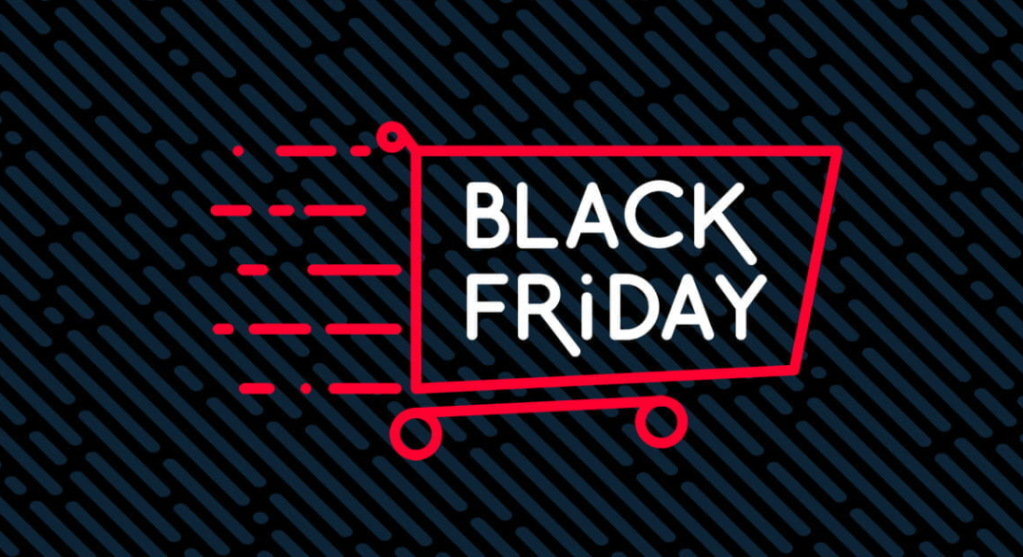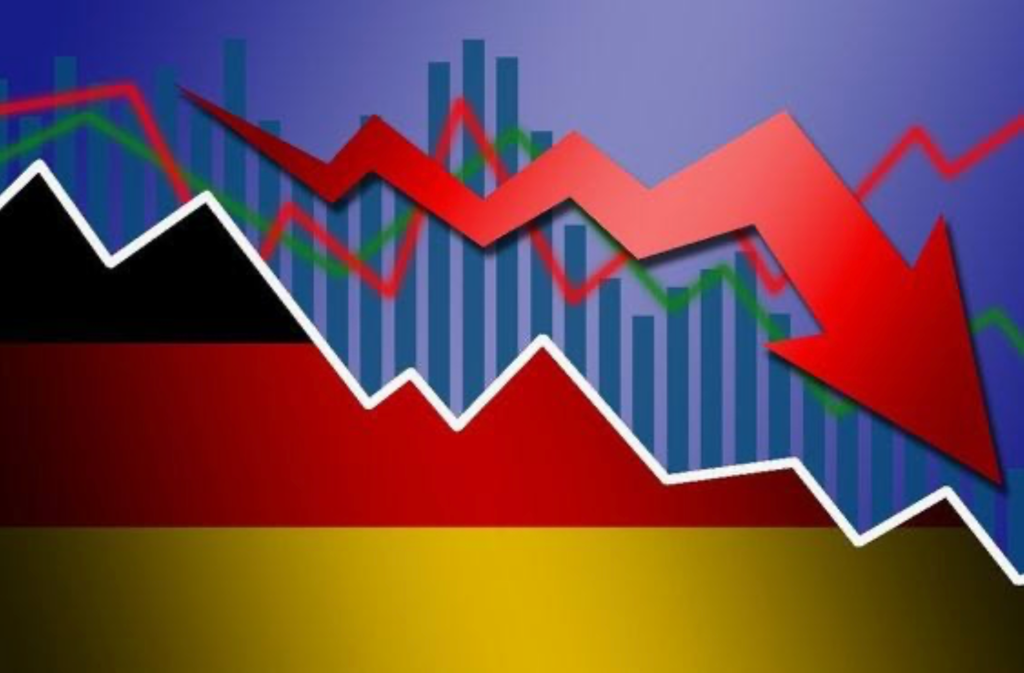By: Esha Deokar
How SoundCloud’s shaky business model may lead to a loss of valuable music
Hip-Hop and the Digital Age
As rap and hip hop have evolved over time, so have the mediums we have chosen to enjoy them. Years ago, we could track the success of an artist through their listens and their label. CDs, soundtracks, and concerts were a definitive way to enjoy music that increased the artists’ revenue. They would receive royalties for CD and record purchases, as well as a hefty portion from their concerts.
In the newer age of digital media, we can now stream songs Youtube, Spotify, and Pandora. These giant media companies hold millions of artists’ music and give the public virtually no way to track the revenue each artist makes. According to Rolling Stones, if you sign up for a Spotify membership and you listen to one song about 60 times, the artist receives 38 cents in royalty payments.
Thus, the music industry experienced a sharp downturn in sales due to the rise of the digital media: a 60% decrease in sales over the past decade. In the rap industry, artists experienced an unexpected roadblock in terms of incredibly oversaturated market. This has led to a smaller revenue for each artist, not what was envisioned in a seemingly over-consumable medium. Rappers had to adapt and learn that they needed to increase their following through commercials and sponsorships.
Popularizing SoundCloud
SoundCloud is a music streaming platform where independent artists can release their music to the public for free. Smaller artists can try and garner a fanbase through SoundCloud in order to migrate to more mainstream media platforms. SoundCloud boasts many famous rappers such as Lil Yachty and Kehlani, since they were “discovered” on the platform.
This service became key for the rap industry because well-known artists began to tune in. Bigger artists started to endorse and support smaller ones, leading to an increase in the amount of up-and-coming rappers in the music industry.
Music producers and labels worry that SoundCloud is depreciating the value of rap. The idea behind SoundCloud music is shorter songs with catchy hooks and a beat that gets stuck inside your head. Thus, you replay the song more and more, leading to increased “fame” for the artist. Furthermore, larger platforms are dominated by big music labels and industries. Both Spotify and Apple Music have the luxury of being able to deny artists a platform (or remove them), thus making SoundCloud more of an appealing place for some rappers to go.
A Saturation in Supply
As a result of the SoundCloud epidemic, a rush of new rappers looking to get discovered have hopped onto the platform. This has led to a strikingly large saturation in the market for hip-hop music. SoundCloud music is not a rival or an excludable good: you cannot give it to only person at one time. That being said, it takes time to consume; i.e only piece can be consumed at a time. As a result, listeners are being forced to comb through the various and expanding artists’ repertoire.
As the supply of rappers in the music industry has increased, the demand has stayed the same. In 2010, years before the Internet platform took off, the combined total sale of the top three rap albums neared $1.8 million. In 2018, the year that most people consider was SoundCloud’s peak, the top earning albums did not cross $1.9 million. Thus, the overall market demand for rap music has remained stagnant in the past decade. Meanwhile as SoundCloud grew, the numbers of rappers became exponentially larger. As of 2019, there are 20 million SoundCloud music creators on the platform and 12 hours of music uploaded every minute. Due to this increased supply, the individual artist finds it incredibly hard to create a name and brand for themselves in this market.
What’s Next?
There is a large potential for SoundCloud to destabilize; their server costs are undoubtedly increasing because more people are signing up to listen. In 2019, there were a documented amount of 76 million monthly users. However, in 2017, the company came extremely close to shutting down. The service operated in economic loss through 2016 to 2017, declining from $74.2 million to $58 million. The company is trying to grow their financial position by creating a better business model, but it could fall apart under the ever-increasing supply.
If SoundCloud shut down, an era in the evolving times of rap music would come to an end. Thousands of people would lose the ability to listen to the 180 million tracks that SoundCloud boasts. The platform manages to evoke unique tracks from all different types of people, but the diversification of SoundCloud may make it an unsustainable business model for the long term.
The end of SoundCloud would not mean just the end of a platform, it would be the end of a genre. It is home to a group of rappers that change hip-hop as a whole: through unsettling, underground beats that force the mainstream to pay attention to them. Keeping SoundCloud active would keep alive hours of tracks, instrumentals, and beats that are unique to the platform itself.
Works Cited:
Thompson, Derek. (2011). Hip Hop Invented Modern Music Economics. The Atlantic. Retrieved from https://www.theatlantic.com/business/archive/2011/01/hip-hop-inventedmodern-music-economics/68986/
Knopper, Steve. (2011). The New Economics of the Music Industry. Rolling Stone. Retrieved from https://www.rollingstone.com/music/music-news/the-new-economics-of the-music-industry-234924/
Wortham, Jenna. (2017). If SoundCloud Disappears, What Happens to Its Music Culture? The New York Times. Retrieved from https://www.nytimes.com/2017/08/01/magazine/if-soundcloud-disappears-what-happens-to-its-music-culture.html
Glaser, April. Oremus, Will. (2018). The Spotify Effect. Slate. Retrieved from https://www.nytimes.com/2017/08/01/magazine/if-soundcloud-disappeaS-what-happens-to-its-music-culture.html
Caulfield, Keith (2018). Drake Earns Eighth No. 1 Album on Billboard 200 Chart With ‘Scorpion,’ Sets New Streaming Record. Billboard. Retrieved from https://www.billboard.com/articles/columns/chart-beat/8464342/drake-Corpion-debut-no1-billboard-200-chart-sets-streaming-record.
Caulfield, Keith (2018). Travis Scott’s ‘Astroworld’ Bows at No. 1 on Billboard 200 Chart With Second-Largest Debut of 2018. Billboard. Retrieved from https://www.billboard.com/articles/columns/chart-beat/8469748/travis-Cott-astroworld-no-1-billboard-200-album-chart
Caulfield, Keith (2018). Lil Wayne’s ‘Tha Carter V’ Debuts at No. 1 on Billboard 200 With Second-Largest Streaming Week Ever for an Album. Billboard. Retrieved from https://www.billboard.com/articles/columns/chart-beat/8478576/lil-waynes-tha-carter-v-no-1-billboard-200.
Caulfield, Keith (2010). Eminem’s ‘Recovery’ Explodes At No. 1 on Billboard 200 With 741,000. Billboard. Retrieved from https://www.billboard.com/articles/news/957567/eminems-recovery-explodes-at-no-1-on-billboard-200-with-741000
Caulfield, Keith. Drake Debuts At No. 1 On Billboard 200. Billboard. Retrieved on June 23, 2010. Retrieved from https://www.billboard.com/articles/news/957659/drake-debuts-at-no-1-on-billboard-200
Smith, Craig. (2019). 16 Amazing SoundCloud Statistics and Facts. DMR Business Statistics. Retrieved from https://expandedramblings.com/index.php/soundcloud-statistics/
Sanchez, Daniel. (2019). SoundCloud Revenue Skyrockets 80% to Reach $102 Million In 2017. Digital Music News. Retrieved from https://www.digitalmusicnews.com/2019/01/29/soundcloud-2017-revenu/
Image Source: Joseph Carey, Express UK, 2019, Photograph. https://www.express.co.uk/life-style/science-technology/ 1193649/SoundCloud-down-music-streaming-not-working-server-status-updates






Leave a comment